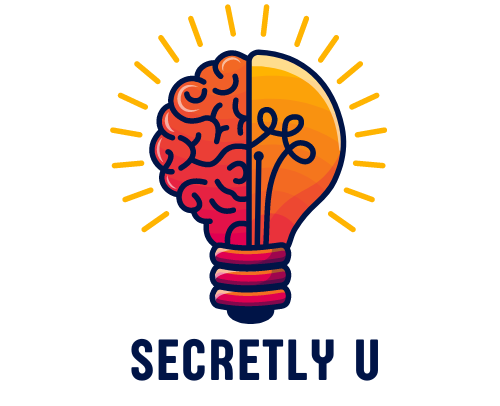In our fast-paced world, personal development often focuses on setting goals, taking action, and making progress. However, one of the most powerful yet often overlooked tools for growth is reflection. Reflection allows us to pause, process experiences, and gain deeper insights into our thoughts, behaviors, and emotions. By cultivating the habit of reflection, we unlock a greater understanding of ourselves, enabling us to make more intentional choices and navigate life with clarity and purpose.
In this article, we’ll explore the importance of reflection in personal development, its benefits, and practical ways to incorporate it into daily life.
1. Understanding Reflection: What It Really Means

Reflection is more than just thinking about the past; it is an active process of examining experiences, evaluating actions, and learning from them. It involves:
- Self-awareness – Gaining insight into personal strengths, weaknesses, and emotions.
- Critical thinking – Analyzing situations objectively to identify patterns and areas for improvement.
- Growth mindset – Viewing mistakes and challenges as opportunities for learning.
- Intentional change – Applying lessons learned to make better decisions and develop positive habits.
Reflection can be structured (through journaling, meditation, or discussions) or spontaneous (moments of deep thought during daily activities). The key is to approach it with honesty, curiosity, and openness to growth.
2. Why Reflection is Essential for Personal Growth
a. Enhances Self-Awareness
Self-awareness is the foundation of personal development. By reflecting on our emotions, behaviors, and choices, we understand what drives us and how we respond to different situations. This deeper awareness helps us align our actions with our values and aspirations.
b. Improves Decision-Making
When we take time to reflect on past experiences, we recognize patterns in our decision-making. Understanding what has worked well—and what hasn’t—enables us to make more informed and intentional choices in the future.
c. Encourages Emotional Intelligence
Reflection allows us to process our emotions in a healthy way. By understanding the root causes of our feelings, we can manage them more effectively and build stronger relationships.
d. Builds Resilience
Life is full of challenges, but reflection helps us reframe difficulties as learning opportunities. By analyzing setbacks without judgment, we develop resilience and a stronger ability to navigate adversity.
e. Fosters Continuous Learning
Without reflection, we risk repeating the same mistakes. By examining our actions and experiences, we learn valuable lessons that contribute to ongoing personal and professional growth.
3. Practical Ways to Incorporate Reflection into Daily Life
a. Journaling
Writing down thoughts, feelings, and experiences provides clarity and helps track personal growth over time. Some journal prompts to consider:
- What did I learn about myself today?
- How did I handle challenges?
- What am I grateful for?
b. Mindfulness and Meditation
Taking a few minutes each day to practice mindfulness or meditation creates space for self-reflection. These practices help quiet the mind, allowing us to observe our thoughts without judgment.
c. Asking Reflective Questions
Set aside time to ask yourself meaningful questions:
- What went well today?
- What could I have done differently?
- How did my actions align with my goals and values?
d. Engaging in Honest Conversations
Talking with trusted friends, mentors, or coaches can offer new perspectives and insights. Sharing experiences and receiving feedback helps deepen our understanding of ourselves.
e. Practicing Gratitude
Reflection isn’t just about identifying areas for improvement; it’s also about acknowledging progress and appreciating positive moments. Keeping a gratitude journal fosters a balanced and optimistic mindset.
4. Overcoming Common Challenges in Reflection
While reflection is a powerful tool, some obstacles can make it difficult to practice:
- Lack of time – Start with just five minutes a day. Reflection doesn’t have to be time-consuming.
- Fear of confronting difficult emotions – Approach reflection with self-compassion and a growth mindset.
- Overthinking or self-criticism – Focus on learning rather than judging yourself.
5. The Long-Term Impact of Reflection on Personal Development
When practiced consistently, reflection leads to:
- Greater self-confidence and self-awareness
- Improved relationships through emotional intelligence
- Increased adaptability and resilience
- A deeper sense of purpose and fulfillment
Personal development isn’t just about moving forward—it’s about learning from where we’ve been. By making reflection a regular habit, we gain valuable insights that help us grow, evolve, and become the best versions of ourselves.
So, take a moment today. Pause, reflect, and embrace the lessons that life has to offer. Your future self will thank you.

